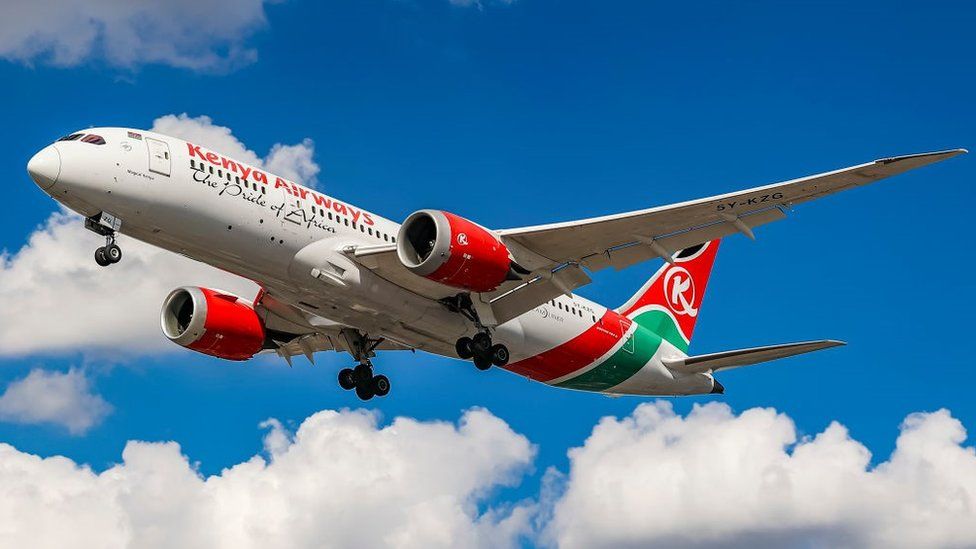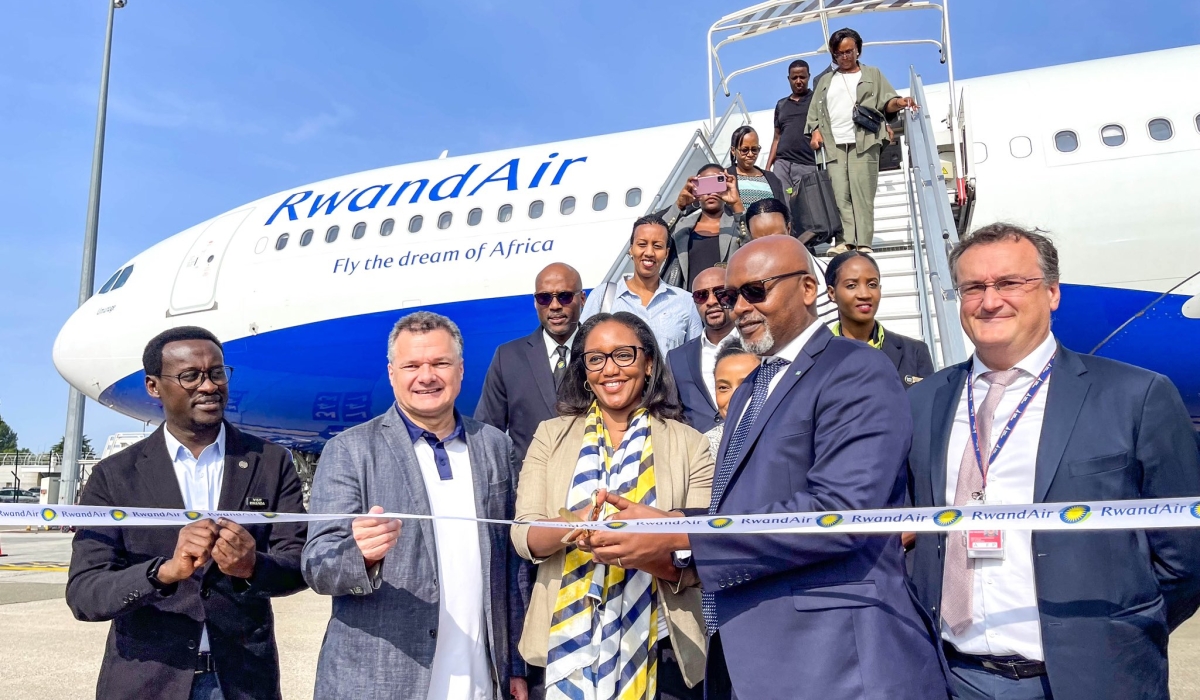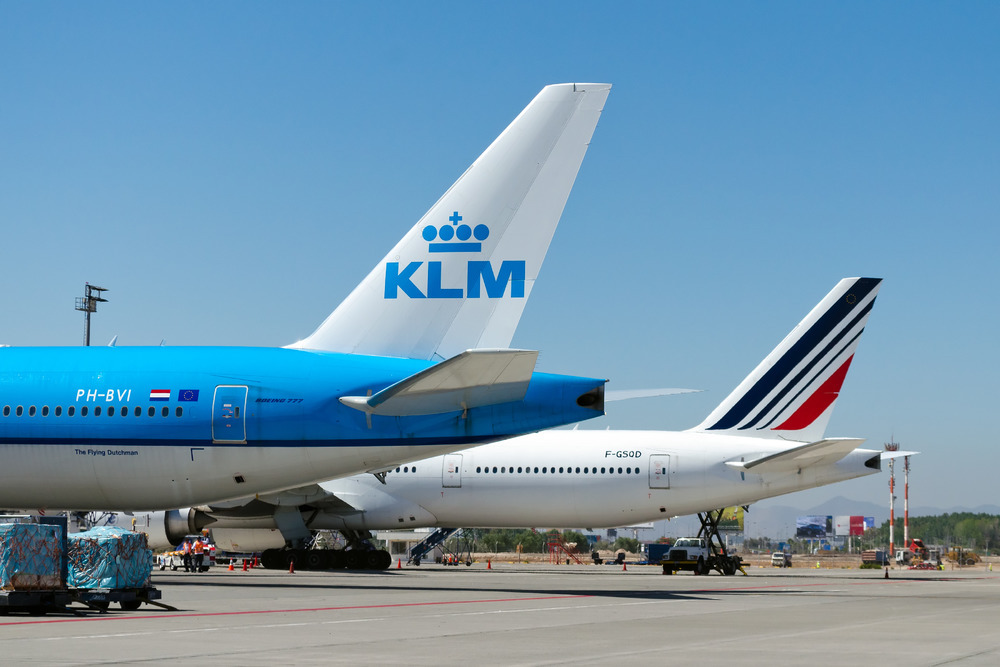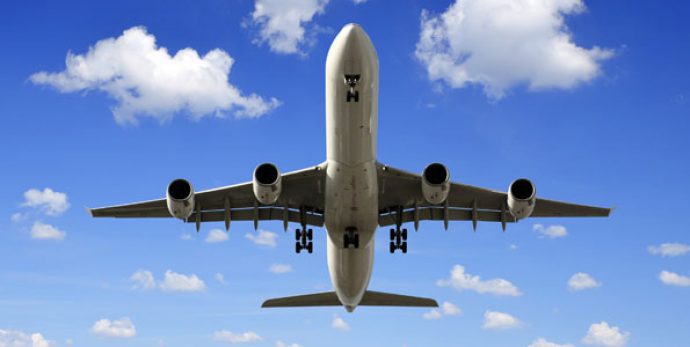Air travel within Africa is more expensive than anywhere else in the world. Travelers pay higher prices and taxes than elsewhere. It is cheaper to fly from Africa to another continent than to fly to another African country.
As a small example, flying from Germany’s capital Berlin to Istanbul, Turkey will cost you $150 for a three-hour nonstop trip.
However, if you fly from Kinshasa in the Democratic Republic of the Congo to Lagos in Nigeria, you will pay between $500 and $850, and at least one of the flights you are flying will fly you to an airport other than Lagos. about 20 hours.
This makes it difficult to do business with air transport services and makes them expensive, something you should not assume affects not only the wealthy and the wealthy who already travel by air but also the masses who may not even travel. cars affect them the most.
The International Air Transport Association (IATA) – an association that represents 3,000 airlines that make 83% of these trips worldwide – says that if 12 African countries work together to improve air travel services among themselves , would create 155,000 jobs and add $1.3 billion to its gross domestic product.
“Air travel and the business associated with it play an important role in the gross domestic product of every country. They create jobs and stimulate the economy,” said Kamil al-Awadhi, IATA’s vice president for Africa and the Middle East.

Adefolake Adeyeye, an assistant professor at the Department of Business Law at the University of Durham in the UK, says that Africa as a whole has something to lose and is losing a lot due to its poor air transport services.
He said, “Air travel has been shown to be an economic hit. “As we have seen in other regions, the increased budget for aviation would increase reliability, reduce costs, promote tourism, and create more jobs,” he said.
Poor or non-functioning roads and the lack of railways in many African countries mean that there are no other options for transporting goods to their destinations other than by air.
Climate change has affected many African countries, which means that everyone needs to be more cautious about their emissions and aim to reduce their air travel.
However, despite the fact that 18% of the world’s population lives in Africa, air travel on this continent accounts for 2% of the world’s total, according to the United Nations Environment Program ( According to UNEP, Africa emits only 3.8% of the greenhouse gas emissions from aviation.
This is in sharp contrast to the 19% of emissions the United States emits and China, which emits 23% of its emissions through these routes.

Yes, Africa is rich in natural resources and minerals, but of the 46 countries on the list of the United Nations Organization of Poor Countries, 33 are located on this continent, and poverty continues to be a pressing issue for the lives of About a million people live on this continent.
However, there is a growing number of middle-class people who travel by air when the ticket prices are comparable to those in Europe and elsewhere.
“Every African country wants to see its flag on the plane at Heathrow or JFK Airport”
African countries have been trying for decades to develop the commercial air travel industry but they have not yet reached the level they want.
“There should be a concerted effort for Africa to do something about its poor air passenger services if they want to develop Africa,” said Zemedeneh Negatu. The head of the Fairfax Africa Fund, a US-based fund, continues to attend meetings.
He says that air travel in central Africa is hampered by complicated agreements between countries, and that many of the airlines in Africa are not able to generate profits equal to the cost of capital and some are operating at a loss.
He said, “Each African country wants to see its flag on the runway at Heathrow [the main airport of London in the UK] or JFK [the John Kennedy airport in New York in the USA], states African countries should understand that being a leader in the air travel business is not something that can be done to make a profit. ”
Zemedeneh says that African airlines have followed the example of Europe with the cooperation between Air France and KLM of the Netherlands and the Anglo-Spanish International Airlines Group (IAG) which was formed through the cooperation of British Airways and Iberia of Spain.

He says that even in the market of rich countries like Europe, collaboration and cooperation is the way to help the air travel business to live and work profitably and provide more reliable and cheaper services.
The current system of operations in Africa does not care about cooperation, and even though 35 countries have signed the Single African Air Transport Agreement as the African Union’s motto for facilitating air travel and the lifting of restrictions on African airlines and cost reductions, which are likely to take several years to implement.
Mr. Awadhi of IATA says that the governments of the countries are very reluctant and slow to work together on this issue.
He said, “There is an element of persistence and persistence where each country thinks that it knows how to do it well on its own and then it stays with its old practices even if it doesn’t produce any results.”
He adds that “after all, this is a business and there is a high level of wanting to create a separate country that is damaging the airline industry. Then there is no benefit in having each country have its own airline.”
In Africa, the only country (Ethiopia) that seems to have ignored Awadhi’s claim is that it has an efficient and profitable airline that would set an example for others to learn from, namely Ethiopian Airlines.
More than 15 years ago, Ethiopian Airlines had 4,000 employees. Until now this number has increased, now its employees reach 17,000.





